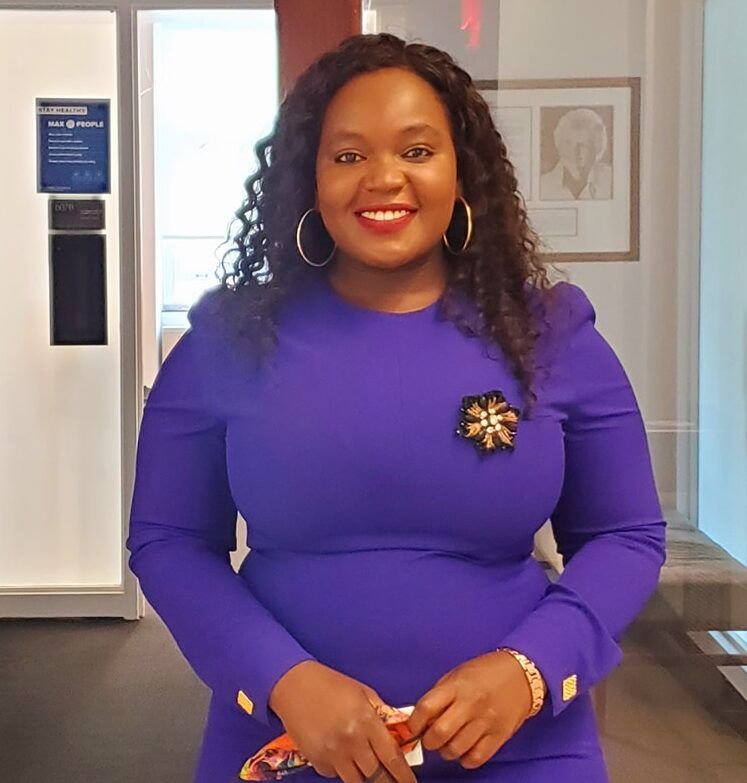Over the years, the crypto space has been swarmed by U.S. regulators walking through a revolving door as financial regulators and advisors. The continuous transitions have set a precedent, triggering ethical and moral questions as many begin work with private companies.
Continuing this trend, former Securities and Exchange Commission Chairman Jay Clayton recently joined Electric Capital to serve on its newly formed Academic and Regulatory Advisory Council as an advisor. The venture capital firm which handles around $2.5 billion in assets focusing on the cryptocurrency, web3, and fintech markets, announced that the appointment of Clayton will bolster the firm’s practices.
“By bringing together experts in product design, the global financial system, and regulation, Electric Capital founders are able to accelerate innovation and the adoption of web3 tools,” the firm said in a statement.
Apart from Clayton, the firm also brought on Kevin Warsh, an ex-member of the Federal Reserve Board of Governors, and Pratiti Raychoudhury, vice president and head of research at Meta Platforms Inc to assist Electric Capital.
Weighing in on ethical challenges
But what does the entrance of the regulators mean to this young industry? Attorneys practicing in the crypto industry are questioning the moral and ethical dilemmas of government officials working for the companies they are supposed to regulate and offering public guidance to protect investors in cryptocurrency markets.
Bob Lamm who chairs Securities and Corporate Governance practice for Florida’s Gunster law firm says the appointments highlight a conflict of interest for the regulators;
“People don’t really think about the ethical and moral component but it’s certainly there,” said Bob Lamm in a phone interview with Be[In]Crypto. “I think that people who were working for the regulators are using crypto as one of the many political footballs because they are sort of shaping a future at the crypto industry which is gonna be tough with regulation” Lamm added.
Companies seek clarity between digital assets and securities
Even though crypto companies have developed the financial strength and confidence to bring on experienced regulatory players, other entrepreneurs argue that the pricy appointments will not close the gap between traditional finance and crypto.
Last year, U.S. President Joe Biden appointed Gary Gensler as the new chairman of the SEC. Many thought his experience as a blockchain professor at MIT was going to help push swift regulatory clarity on digital assets and securities but the industry is still murky.
Disclaimer
All the information contained on our website is published in good faith and for general information purposes only. Any action the reader takes upon the information found on our website is strictly at their own risk.


